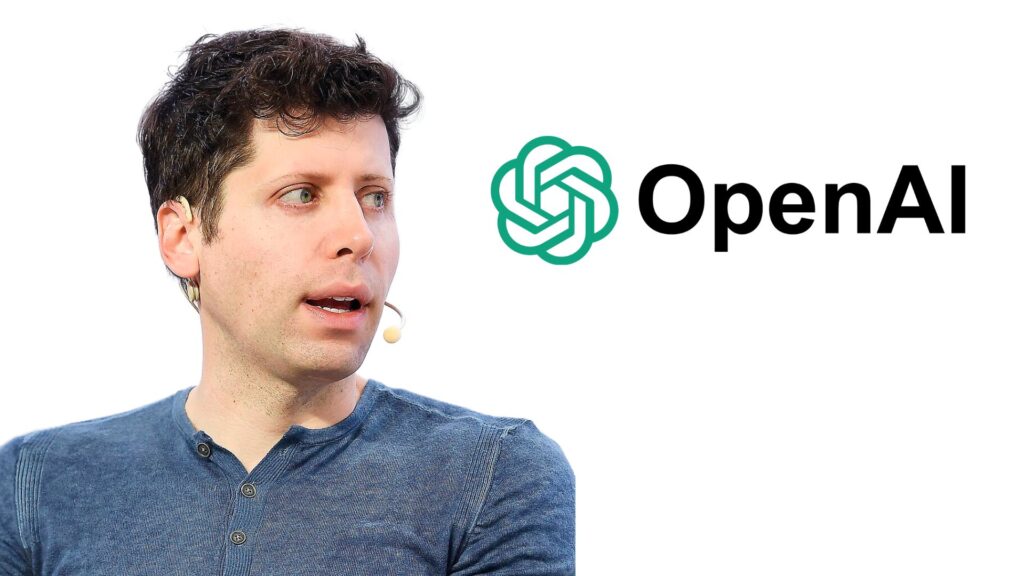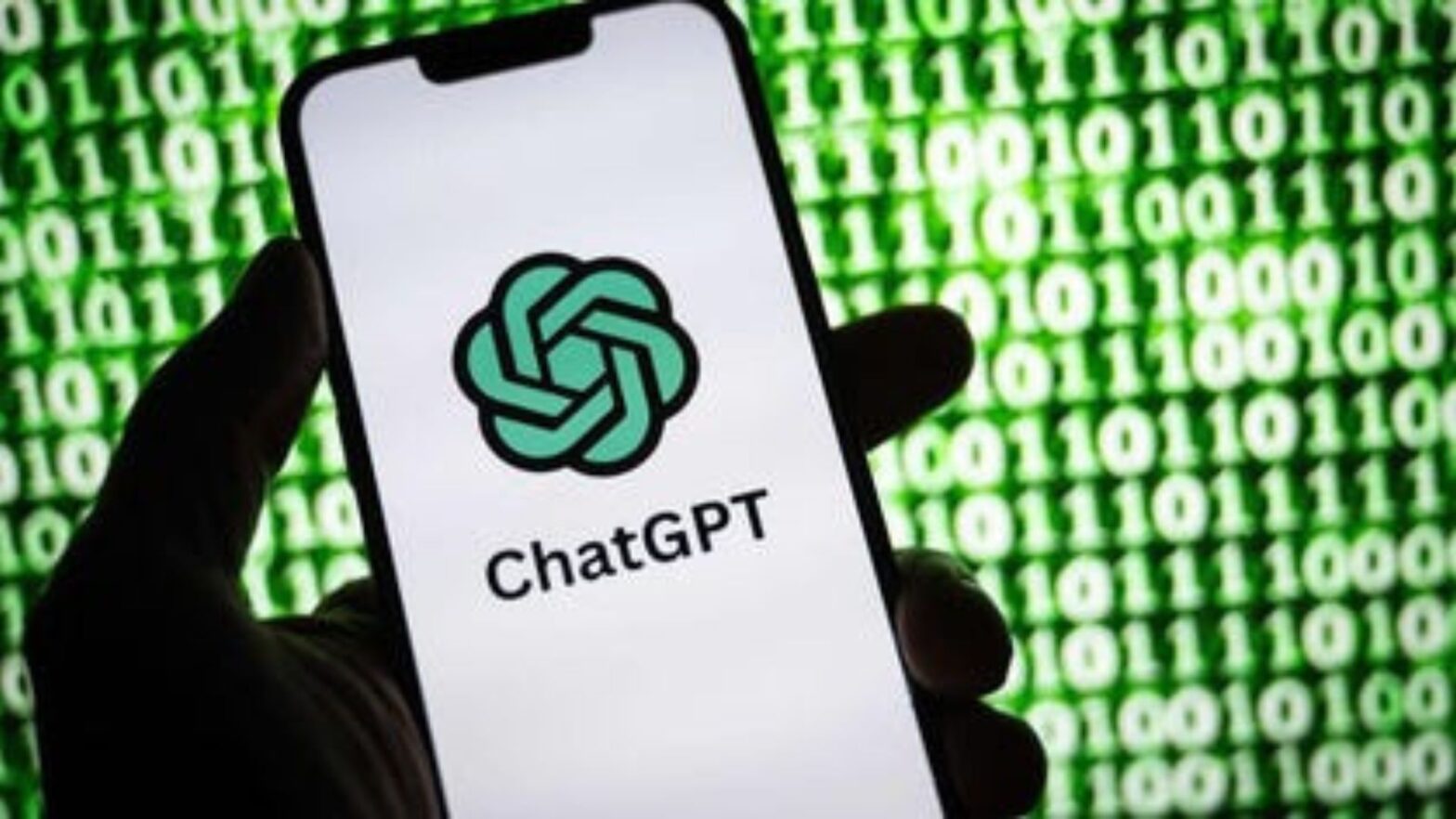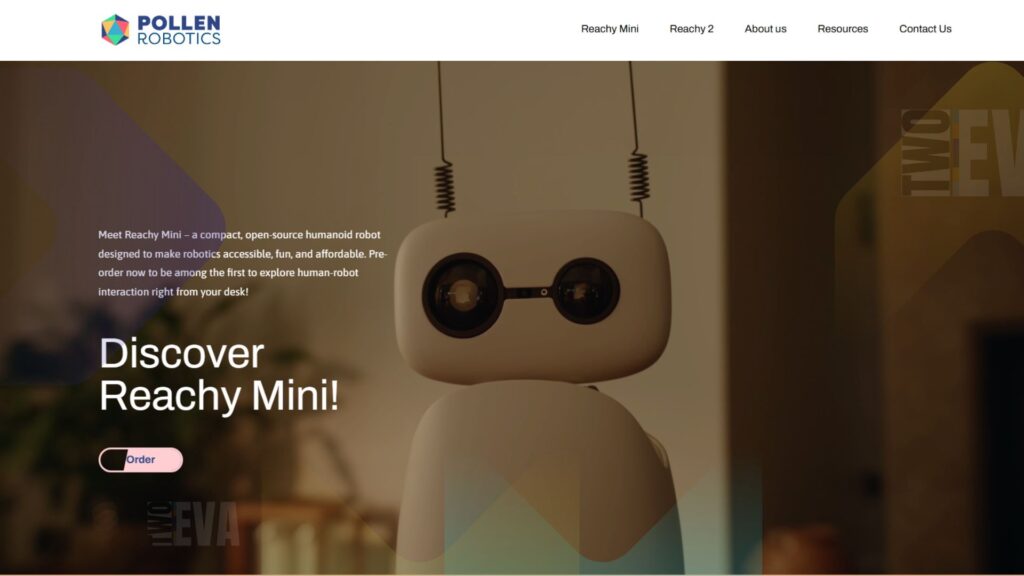In a groundbreaking move to expand the accessibility of artificial intelligence, OpenAI has unveiled a new way to interact with its ChatGPT assistant: via landline phones. U.S.-based users can now call 1-800-CHATGPT (1-800-242-8478) to connect with the AI in real time, marking a significant step in bridging the digital divide. This initiative democratizes access to AI, enabling users without smartphones or high-speed internet connections to benefit from ChatGPT’s capabilities.

The concept, developed during a hack week project, signifies OpenAI’s continued mission “to make artificial general intelligence beneficial to all of humanity,” as stated by Kevin Weil, OpenAI’s Chief Product Officer, during a livestream announcement. The service mirrors ChatGPT’s Advanced Voice Mode, allowing users to ask questions, translate phrases, and perform other basic conversational tasks without requiring specialized devices or online connectivity.
How It Works
The landline service is straightforward: anyone with access to a telephone can call the toll-free number and immediately engage with ChatGPT. U.S. users are allotted 15 minutes of free AI interactions per month. After reaching the time limit, the call automatically ends, with standard carrier fees applying for additional calls. Unlike other AI applications, this feature does not necessitate creating an account or downloading any software, ensuring ease of access for a demographic often left on the sidelines of technological advancements.
OpenAI has confirmed that no data from these calls will be used to train its models, with spokesperson Taya Christianson emphasizing the company’s dedication to user privacy. This positions the service as an accessible yet secure solution, catering particularly to individuals who rely on older technologies or hesitate to adopt internet-connected devices.
Growing Accessibility
This landline functionality complements OpenAI’s flexible approach to AI development. Alongside this launch, the company has introduced ChatGPT integration on WhatsApp, enabling users to interact with the assistant via text. Though limited to basic back-and-forth exchanges for now, OpenAI is developing additional WhatsApp features such as image analysis and web search. According to Weil, these innovations are “just getting started,” with the company striving to bring ChatGPT to an even broader audience.

The WhatsApp integration, which is also tethered to 1-800-CHATGPT, has a daily usage limit, prompting users nearing their cap to explore OpenAI’s official ChatGPT app for a more comprehensive experience. This expansion reinforces OpenAI’s strategy of enabling AI interactions on universally available platforms, regardless of socioeconomic or geographic barriers.
Practical Benefits and Limitations
The push to make ChatGPT accessible through landlines addresses a unique segment of users who may have previously been overlooked in the rapid proliferation of AI technologies. It also caters to such as rural areas, senior populations, or emergency scenarios where smartphones might be impractical.
However, the service isn’t without limitations. Its 15-minute monthly cap limits extensive use, and while it provides helpful conversational abilities, it doesn’t include some of ChatGPT’s advanced multimodal features available on desktop or mobile applications. Additionally, the standard carrier fees that apply after the free period may deter some users from embracing the service long-term, especially for high-frequency use cases.
Behind the Innovation
This milestone is the latest in OpenAI’s attempts to extend the functionality and reach of its AI tools. Since its inception, the organization has focused on addressing the disparities in access to advanced technologies. Earlier features like Advanced Voice Mode and the ChatGPT app laid the groundwork for this significant leap into landlines.
OpenAI’s team cited a sense of urgency and creativity as driving forces behind the project. In Weil’s words, “and we loved it, and they hustled really hard to ship it”. Such rapid innovation underscores OpenAI’s flexible approach to AI development, blending technological breakthroughs with practical use cases.
Broader Implications
The introduction of ChatGPT to landlines is not only a practical solution for users without internet access but also a symbolic step towards future AI inclusivity. By eliminating barriers such as device compatibility and digital literacy, OpenAI presents AI as a universal tool rather than a luxury reserved for advanced technology users.
Moreover, this initiative reflects growing adoption by major tech players. According to a recent TechCrunch article, OpenAI’s approach highlights a broader trend: repurposing emerging technologies for traditional platforms to maximize their social utility. The hybrid introduction of AI on landlines and WhatsApp aligns with this vision, offering a glimpse into a future where barriers to digital inclusion continue to diminish.
While releasing AI for landline use may seem like an unconventional choice in the smartphone era, it aligns with OpenAI’s overarching goal to ensure artificial intelligence benefits all of humanity—regardless of socioeconomic or digital divides. This roll-out serves as a testament to OpenAI’s evolving commitment to inclusivity, innovation, and practical solutions that bridge technological gaps.


















